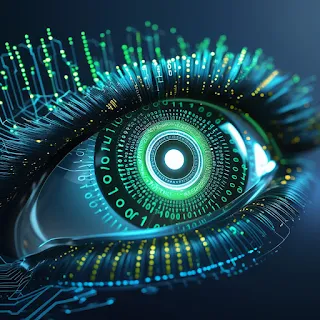The Dark Side of AI: Creepy, Unknown, and Dangerous Facts
Artificial Intelligence (AI) has revolutionized our world in countless ways, but beneath its shiny exterior lies a realm of unsettling possibilities. Here are some creepy, unknown, and dangerous facts about AI that might just send shivers down your spine.
1. Autonomous Weapons: The Rise of Killer Robots
AI has been used to create autonomous weapons, often called "killer robots." These military systems can independently select and engage targets without human intervention. The ethical implications and potential dangers of such technologies are a significant concern.
2. Deepfakes: The Art of Deception
AI can create incredibly realistic fake videos and images, known as deepfakes. This technology can superimpose someone's face onto another person's body in a video, making it appear as if they said or did something they never actually did. The potential for misinformation and deception is alarming.
3. Bias and Discrimination: The Hidden Dangers
AI systems can inadvertently perpetuate biases present in their training data. For instance, facial recognition systems have been found to have higher error rates for certain demographic groups, leading to concerns about fairness and discrimination.
4. Singularity: The Point of No Return
Some futurists and scientists warn of a theoretical event known as the "technological singularity." This is the point at which AI could surpass human intelligence, potentially leading to unpredictable and potentially dangerous outcomes. While this is still speculative, it raises important questions about control and ethics.
5. AI and Privacy: The Watchful Eye
AI systems can analyze vast amounts of data and make connections that humans might miss. While this can be beneficial, it also raises significant privacy concerns. For example, AI can predict personal information about individuals based on their online behavior and activities.
Remember, while these facts highlight potential dangers, AI also holds immense promise for improving our lives in countless ways. The key is to approach AI development and implementation with careful consideration of ethical and safety concerns.
Tags
FACTS





